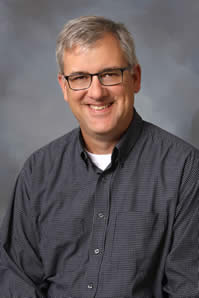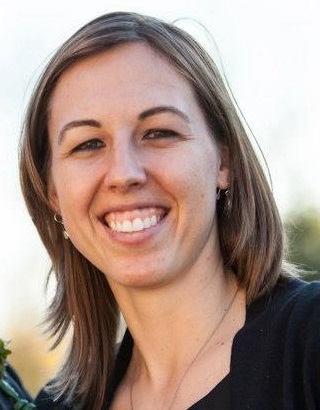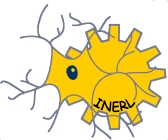
Members Integrative Neural Engineering & Rehabilitation Laboratory
Click Here to View Collaborators
Click Here to View Previous Lab Members
Current members of the Integrative Neural Engineering & Rehabilitation Laboratory are listed below:
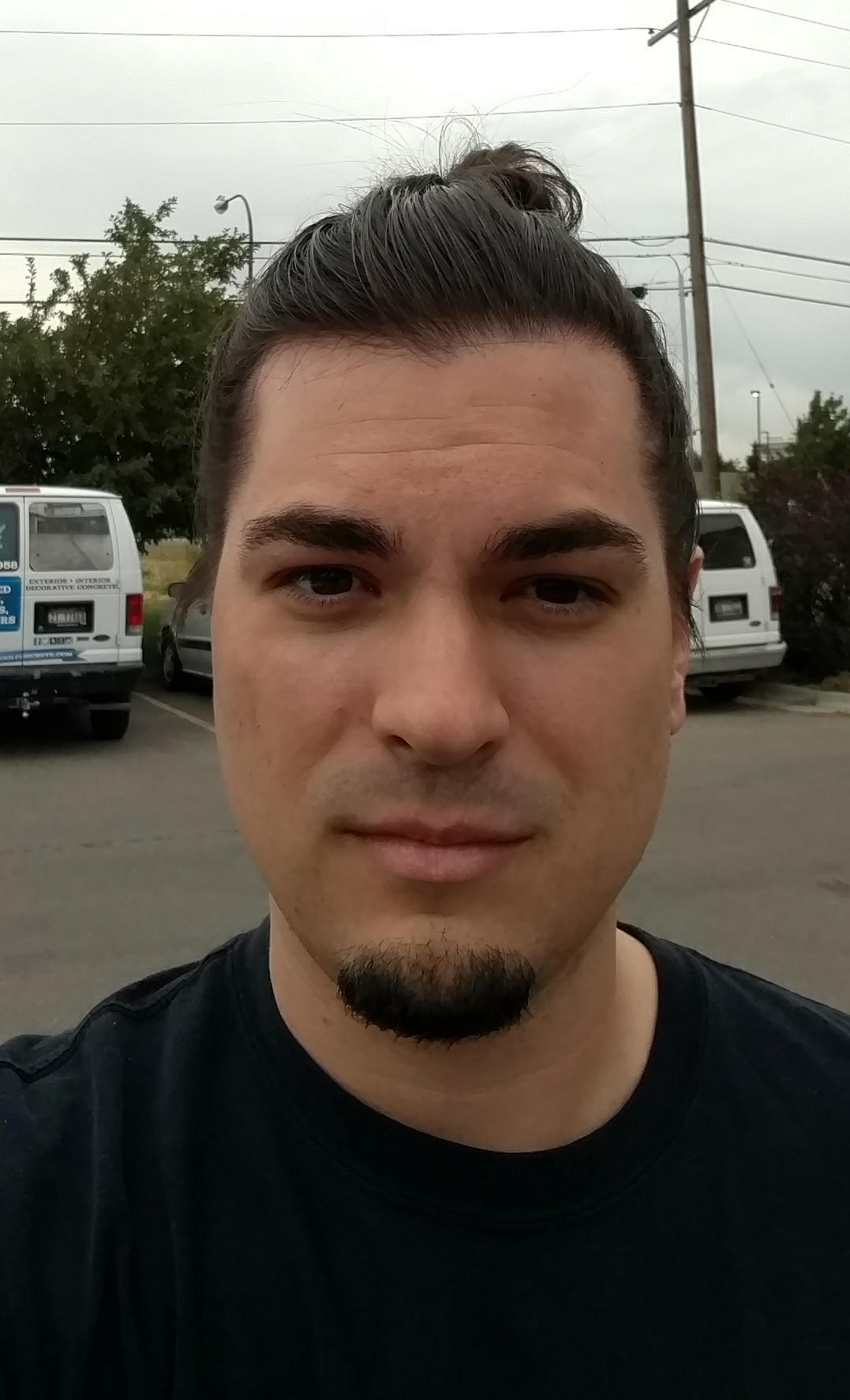
Douglas Gobeski
Doctoral StudentLocomotion
douglas.gobeski@marquette.edu
Academic Degrees
2008 BS Mechanical Engineering, Michigan State University
2008 BS Materials Science and Engineering, Michigan State University
Personal Statement
I began my engineering career as a process engineer, working in industry. Five years in, I realized that I wanted to work on new problems that hadn’t been solved before, and have a more direct impact on people’s wellbeing. Thus, I decided to return to school to pursue a PhD. In my free time, I’m either reading, gaming, podcasting, or hiking.
Research
I am researching gait stability and dynamic balance in stroke survivors.
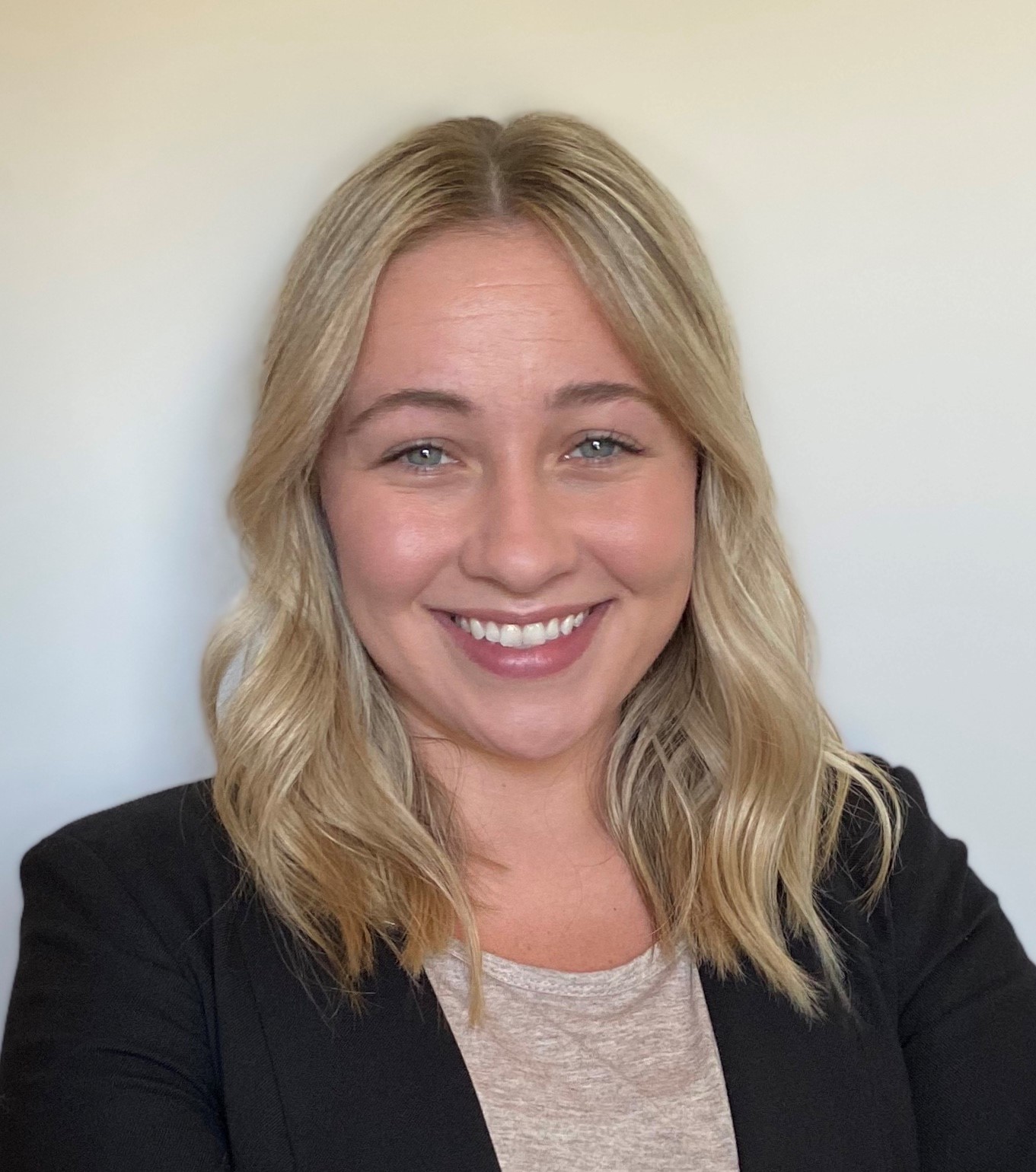
Emmy Klevenow
Master's StudentSystems Neurophysiology
emilie.klevenow@marquette.edu
Academic Degrees
2019 BS Biology with Pre-Health Professions Specialization, The Ohio State University
Personal Statement
During my undergraduate education, I joined Marquette’s Biomedical Sciences 2017 Undergraduate Summer Research Program learning about rehabilitation sciences and translational research from Dr. Allison Hyngstrom. After graduating, I returned to Marquette to work on my Master’s in Exercise and Rehabilitation Science to continue studying neurophysiology especially as it pertains to clinical populations.
Research
I am currently working on a research project investigating the effects of ischemic conditioning therapy in stroke survivors. This project further focuses on whether this therapy will affect expression of the upper extremity flexion synergy.
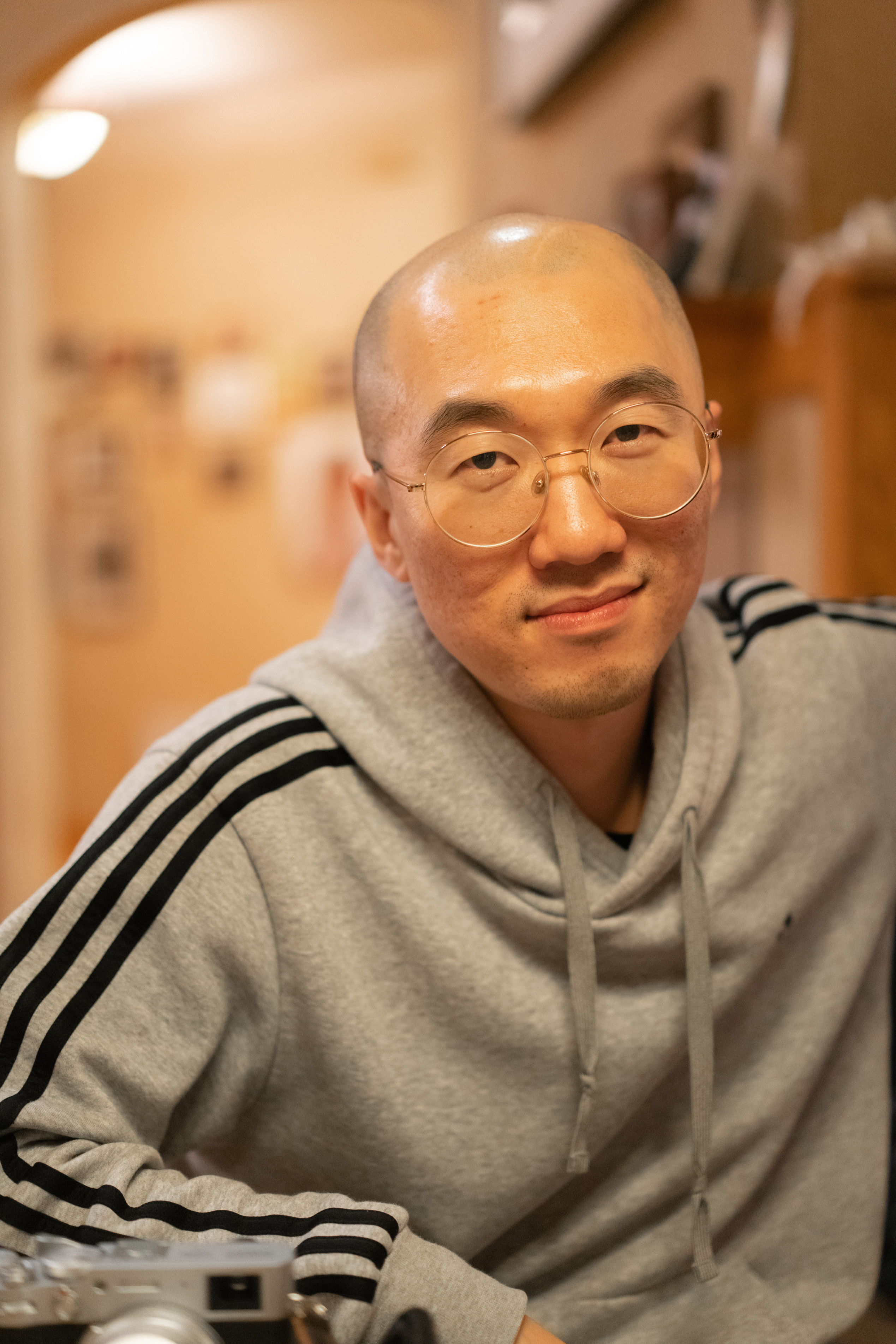
Seongtaek Lee
Doctoral StudentNeural Imaging
seongtaek.lee@marquette.edu
Academic Degrees
2016 MS Biomedical Engineering, University of Alabama at Birmingham
2010 MS Biomedical Engineering, Konkuk University
2008 BS Medical Informatics, Konkuk University
Personal Statement
Hi, my name is Seongtaek, and I am a PhD student in the Biomedical Engineering Program at Marquette and Medical College of Wisconsin. I became interested in brain MR imaging during my undergraduate years. And I had an opportunity to learn brain imaging at UAB and to do research on white matter integrity in patients with epilepsy. Those experiences encouraged me to eager to know more about MRI. I am interested in medical image processing in general, and am currently excited about spinal cord imaging.
Research
Perfusion imaging is a great non-invasive MR technique that shows how well blood perfuses in your body. One of perfusion imaging techniques is Arterial Spin Labeling (ASL), and my main goal is to develop/optimize spinal cord ASL MR sequences for quantitative diagnosis of spinal cord injury as well as improved behavioral outcome prediction after spinal cord injury.
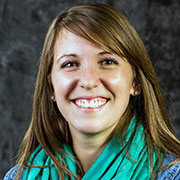
Stephanie Raab
Doctoral StudentSystems Neurophysiology
stephanie.raab@marquette.edu
Academic Degrees
2016 MS Clinical & Translational Rehabilitation Health Science, Marquette University
2012, BS Biology, St. Norbert College
Personal Statement
I’ve been interested in neuroscience for as long as I can remember. Through personal connections and my volunteer work with the National MS Society, I became particularly interested in neurological diseases and injuries and wanted to learn more about how and why they occur. A career in the medical field seemed like it might have been the right fit for me, but then I learned more about the world of research during my final year at SNC. I realized that I wanted to solve big picture problems for people living with neurological injuries and improve upon the types of treatments they typically receive. When I’m not in the lab, I enjoy playing soccer, running, traveling to new places, and reading the latest books on the criminal justice system and cold cases
Research
Every year, hundreds of thousands of individuals suffer a stroke and most of these people do not recover to 100% of their pre-stroke function. With conventional therapies, we continue to see a large percentage of stroke survivors with atypical gait patterns and it is hypothesized that the inability to fully activate their lower extremity musculature during therapy is partly to blame. Our lab has previously shown that ischemic conditioning (IC), a paradigm during which we deliver transient bouts of ischemia to the leg, can improve gait speed, regional blood flow, and muscle strength. Because the effects of IC wash out with time, we are currently exploring the effects of using IC as an adjunct to traditional, high-intensity gait therapy. The goal is to see if we can “prime” the neuromuscular system so that stroke survivors can benefit more from high-intensity therapy and experience further improvements to their gait.
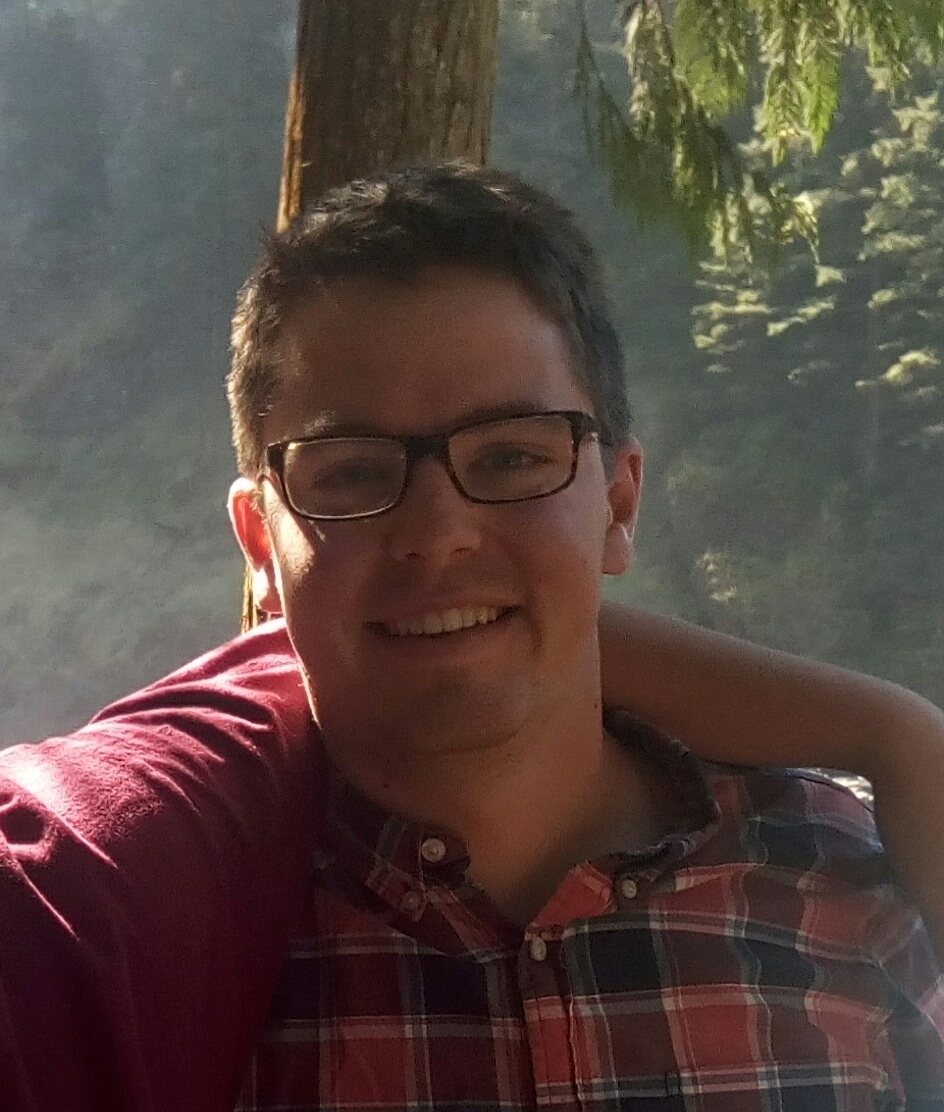
Wesley Richerson
Doctoral StudentNeural Imaging
wesley.richerson@marquette.edu
Academic Degrees
2017 BS Biomedical Engineering with Bioelectronics Emphasis, Marquette University
Personal Statement
As an undergrad, I began my interest in neural engineering after shadowing a surgeon performing Deep Brain Stimulation (DBS) surgeries witnessing the power of neural imaging to provide information about pathways in the brain that be applied in neuro modulation techniques such as DBS to effectively treat symptoms of various movement disorders. As I continue into my first year as a graduate student in the lab I am continuing the exploration of the human brain. When not in the lab, I enjoy riding my bike on the oak leaf trail, playing guitar, and reading.
Research
My research project involves understanding the structural and functional pathophysiology of cognitive impairments in end stage renal disease patients undergoing hemodialysis treatment.
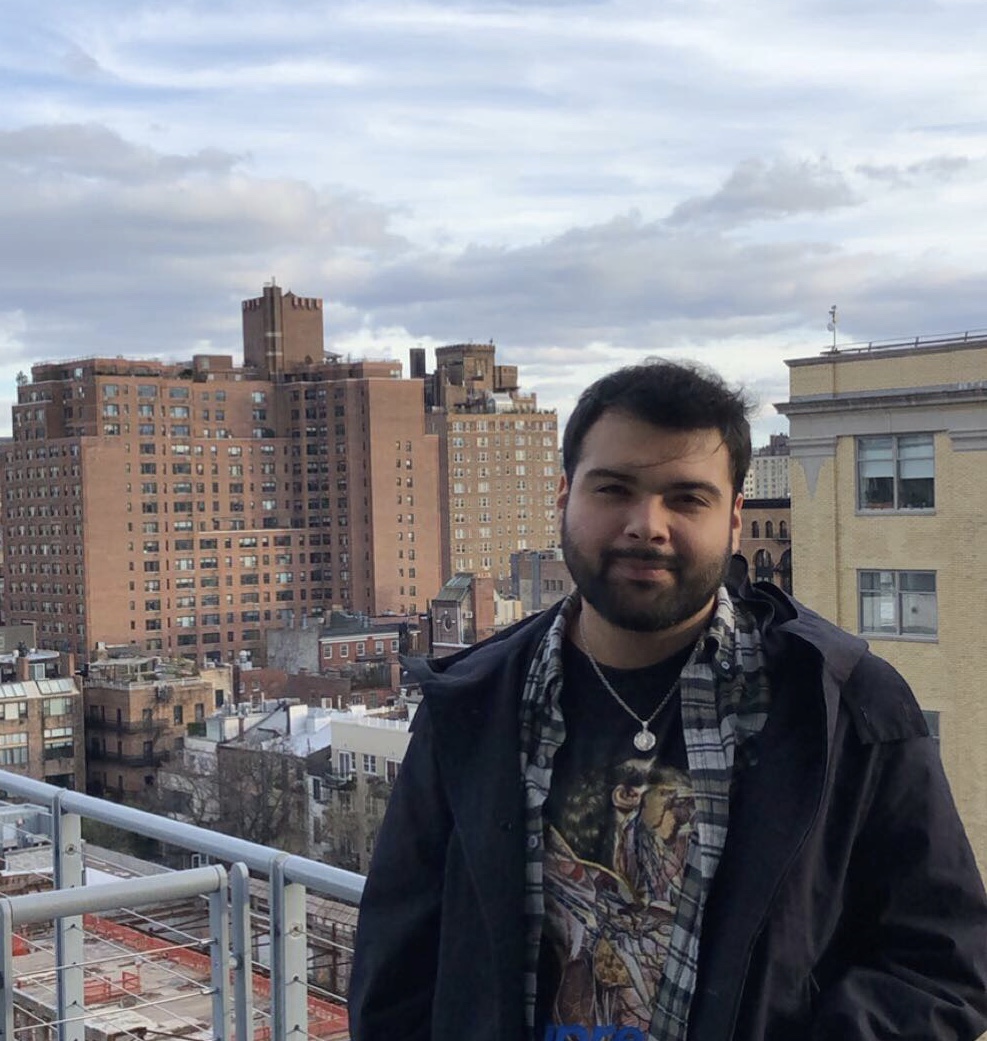
Ricardo Vega
Doctoral StudentNeural Imaging
ricardo.vega@marquette.edu
Academic Degrees
2018 BS Biomedical Engineering with Bioelectronics Emphasis, Marquette University
Personal Statement
My interest in neural imaging began during my undergraduate studies, where I conducted a basic study evaluating the structural connectivity between the motor cortex and the cerebellum. From that point on I was hooked on finding more about the eloquent operations within the brain and the non-invasive methodologies used to assess pathological states, specifically stroke. This initial introduction kick-started a curiosity that led me to continue on with my educational career and pursue a Master's degree in the field of neural engineering. Outside of research I enjoy playing basketball, listening to music, painting, and fashion.
Research
Assessing the structural-functional connectivity between regions of the brain by incorporating probabilistic methodologies to obtain structural information.
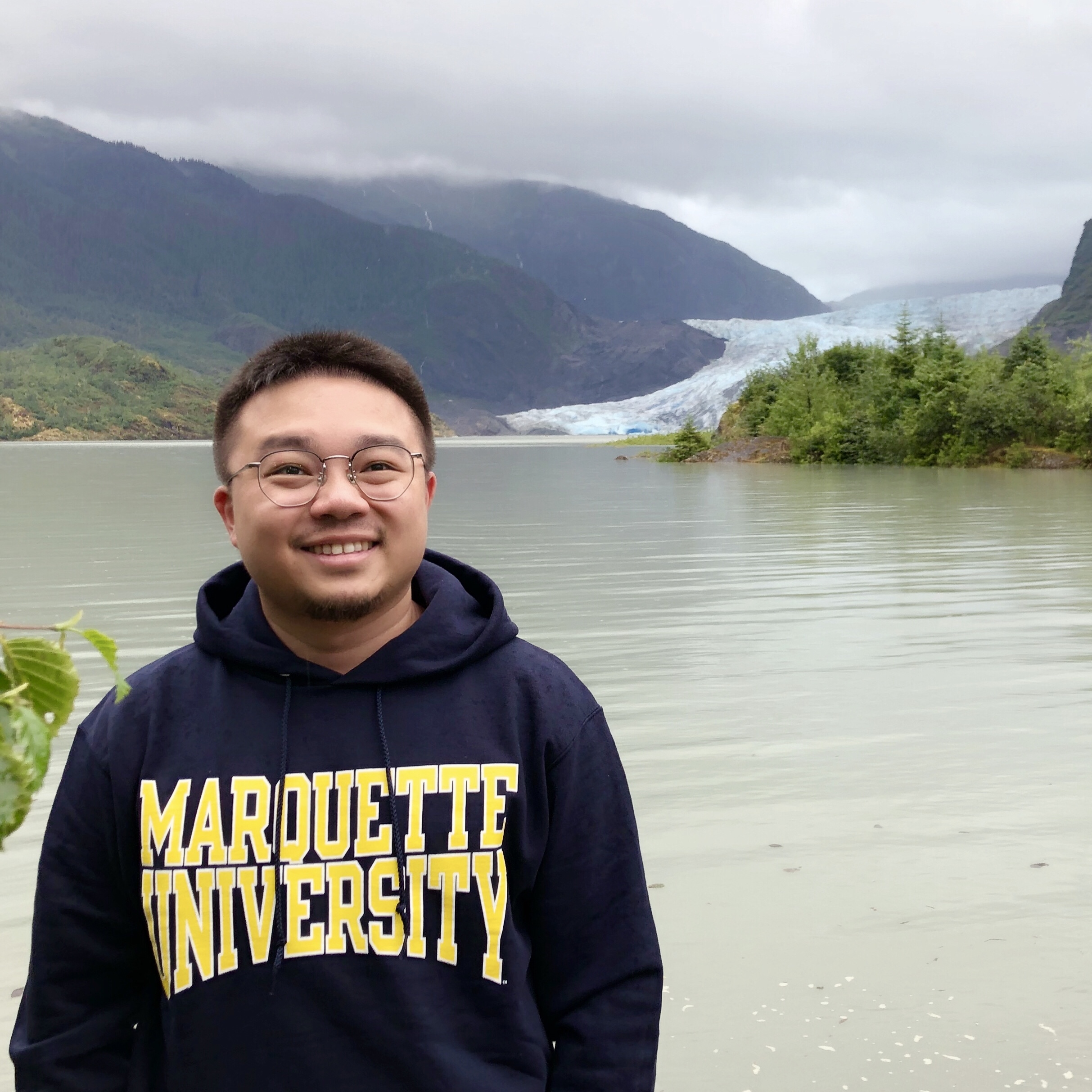
Zhilun (Andy) Zhou
Doctoral StudentSystems Neurophysiology
zhilun.zhou@marquette.edu
Academic Degrees
2017 MS Biomedical Engineering, Stony Brook University
2015 ME Biomedical Engineering, Beihang University
2012 BE Prosthetics & Orthotics Engineering, Capital Medical University
Personal Statement
I graduated from Capital Medical University with a bachelor's degree in prosthetics & orthotics engineering and went on to receive a master's degree (engineering) in biomedical engineering at Beihang University. I then obtained another master's degree (science) in biomedical engineering at Stony Brook University, where I found my passion for rehabilitation science. I am currently a doctroal candidate in the exercise & rehabilitation sceince program at Marquette University studying stroke recovery. Outside the lab I enjoy traveling and trying different food.
Research
Stroke affects 55,000 more females than males annually in the United States. Females also tend to experience more severe strokes with worse functional outcomes than males. I am currently looking at the sex-related differences in neuromuscular fatigability post stroke and investigating the possible underlying mechanisms.
